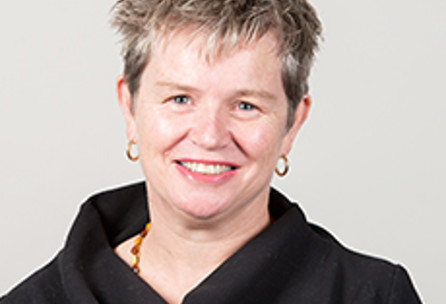Burnet collects data through surveillance and other epidemiological research to guide policy and decision-making using an evidence based approach. Burnet’s modelling aims to support effective and cost-effective responses to infectious diseases and health problems.
Methodological approaches to both data collection and modelling are tailored to address key policy questions, and include:
- Establishment and management innovative surveillance systems
- Primary data collection via epidemiological research
- Systematic reviews and secondary data collation
- Analytical, biostatistical and machine learning approaches
- Deterministic and stochastic models
- Population-level and agent-based models
- Compartmental and network models
- Costing studies
- Cost-effectiveness analyses
- Cost-benefit and return on investment analyses
- Resource optimisation analyses
Burnet’s surveillance, epidemiological research and models have provided governments and policymakers with critical information to inform their responses to infectious diseases, including new evidence to inform public health policy and practice, how budgets can be optimally allocated across interventions to achieve the best results and quantifying return on investment in multiple areas of public health.


Professor Margaret Hellard
Deputy Director, Programs; Adjunct Professor, Monash University, DEPM

More Technical Focuses
- 1
- 2
